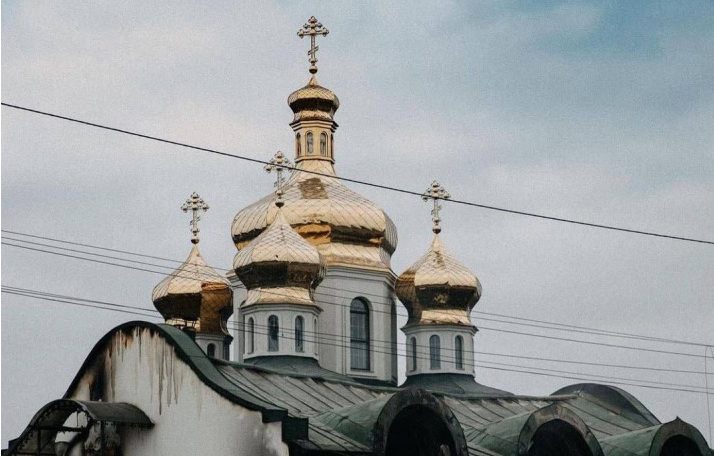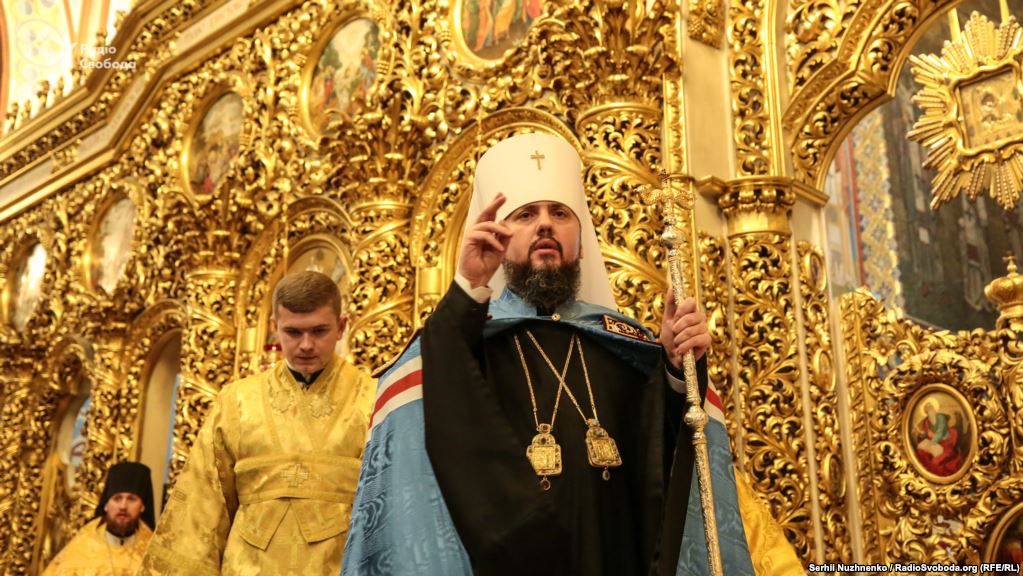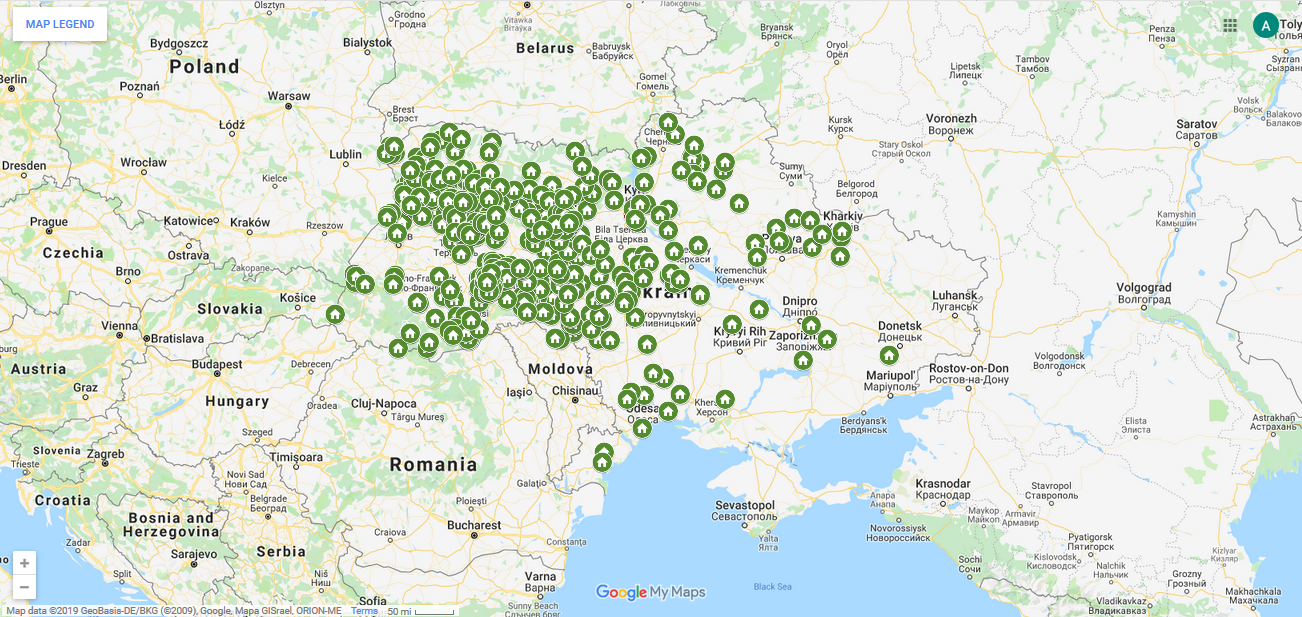When Vladimir Putin began his full-scale war in Ukraine on February 24, 2022, he destroyed many things but none more completely than the Ukrainian Orthodox Church of the Moscow Patriarchate (UOC MP) whose clergy and laity have been transferring their allegiance to the autocephalous Orthodox Church of Ukraine (OCU).
Related: How the Russian Orthodox Church enabled Putin’s war against Ukraine
That was demonstrated by a poll conducted in early March which found that most believers in Ukraine no longer wanted to be associated with a church based in the capital of the country attacking their own and were pressing the UOC MP to allow them to join the OCU.
But the desire of Orthodox faithful in Ukraine to leave what they see as a Russian church has become so strong that now even the leaders of key monasteries are shifting their allegiance unilaterally from Moscow and Kyiv lest they appear to the faithful as “collaborators and agents of Russia.”
Related: Ancient Ukrainian church brotherhoods as forerunner of nation’s civil society today, Horyevoy says
The latest to do so is the New Athos Monastery of Lviv whose leaders took this step for that reason and without waiting for Moscow’s blessing. That pattern seems likely to spread and accelerate the demise of the Russian church in Ukraine and the consolidation of the Ukrainian Orthodox Church.
Read More:
- Western cultural institutions should redirect Russian oligarch money to programs helping Ukraine
- Why the world must stop Putin in Ukraine
- Martyred city of Mariupol wiped out of existence by Russia’s incessant shelling
- How the Lviv train station welcomes Ukrainian refugees fleeing Russia’s war | Photo report
- What weapons for Ukraine would help it win the war against Russia
- Putin likely to view West’s declarations about Ukraine as appeasement, as Hitler did their predecessors’ words about the Rhineland, Pastukhov says
- Garry Kasparov: If Putin’s nuclear blackmail works against Ukraine, he will use it next in Poland or Estonia
- Moscow Patriarchate moved into Africa to provide cover for FSB officers and PMCs, not to punish anyone over Ukraine, Horyevoy says






